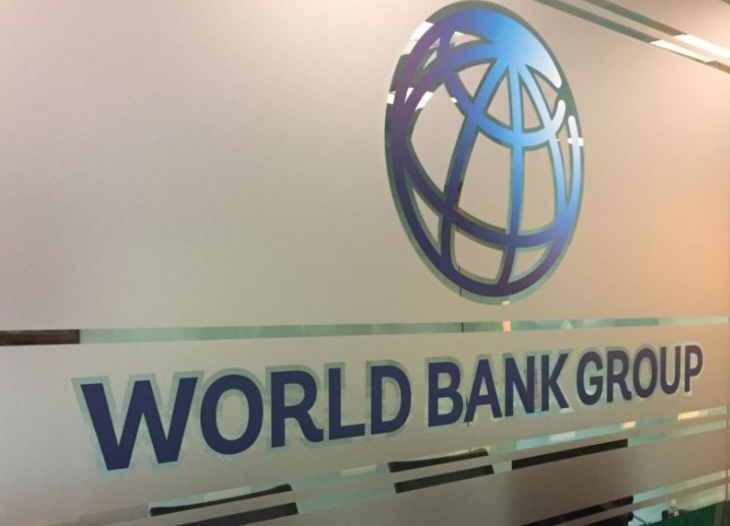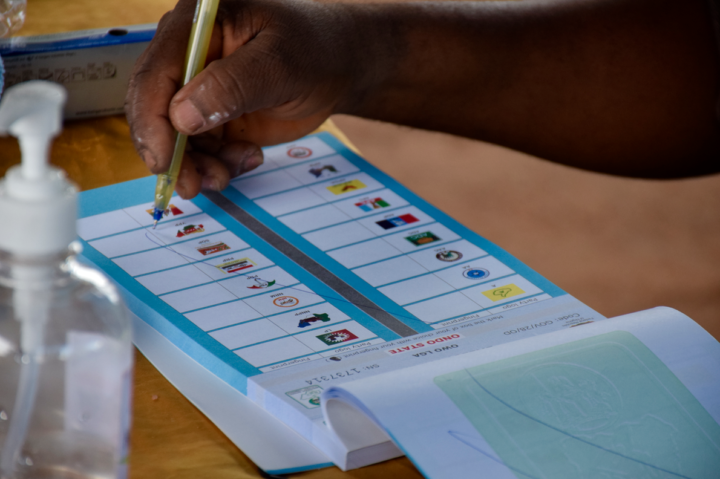Abdulrasheed Bawa, former chairman of the Economic and Financial Crimes Commission (EFCC), says investigators in any agency must uphold honesty through every step of a probe.
In his new book, ‘The Shadow of Loot & Losses: Uncovering Nigeria’s Petroleum Subsidy Fraud’, Bawa listed ten common pitfalls investigators must avoid “in order to maintain an evidence- driven approach and preserve the integrity of their work”.
Bawa, who served as the chairman of the anti-graft agency from February 2021 to June 2023, detailed in the book how the petrol subsidy scheme was used to syphon public funds, drawing from his experience as a key investigator on the EFCC’s special team that probed the 2012 subsidy fraud.
He listed dishonesty, personal bias, confirmation bias, poor case file management, poor communication, lack of objectivity, neglecting the rule of law, over confidence, inadequate follow-up, and ignoring self-care as the pitfalls investigators should avoid.
Advertisement
According to Bawa, of all ten, dishonesty can manifest in several ways including falsifying evidence, selective reporting, and manipulating testimonies. He further described dishonesty as “the ultimate pitfall”.
He emphasised that investigators must shun stereotypes and remain neutral.
The former EFCC boss also urged investigators to be open to all evidence as against seeking evidence that supports an initial hypothesis.
Advertisement
“Let me use this opportunity to advise investigators on common pitfalls to avoid in order to maintain an evidence-driven approach and preserve the integrity of their work,” Bawa said.
“Dishonesty in any form severely undermine the integrity of an investigation as well as the credibility of the investigator and the agency. Dishonesty of an investigator during investigation and prosecution manifest in various ways: falsifying evidence, selective reporting, misleading statements, manipulating testimonies, and lack of accountability. Being dishonest is the ultimate of all the pitfalls.
“Lack of objectivity: Failing to thoroughly analyze all available information before drawing conclusions will lead to inaccurate findings….By approaching each case with an open mind and a commitment to objectivity, investigators will draw more accurate and reliable conclusions.
“Over-confidence: A tendency towards over-confidence, particularly among senior investigators, lead to an inflated sense of certainty. This mindset cause investigators to overlook important details or vital leads. It is essential for all investigators, regardless of their rank, to remain open to feedback from colleagues and to reassess information critically.
Advertisement
“Inadequate follow-up: Investigators should never rely solely on initial findings. An effective investigation requires a proactive approach avoiding the pitfalls of armchair investigation.
“By being mindful of these pitfalls, investigators will enhance the integrity and effectiveness of their work. A commitment to these principles not only preserves the good qualities of individual investigators but also strengthens the overall integrity of the investigation process.”
Published by Cable Books, an imprint of Cable Media and Publishing Ltd, ‘The Shadow of Loot & Losses: Uncovering Nigeria’s Petroleum Subsidy Fraud’ is available for purchase online via Roving Heights and on Amazon.
Advertisement










